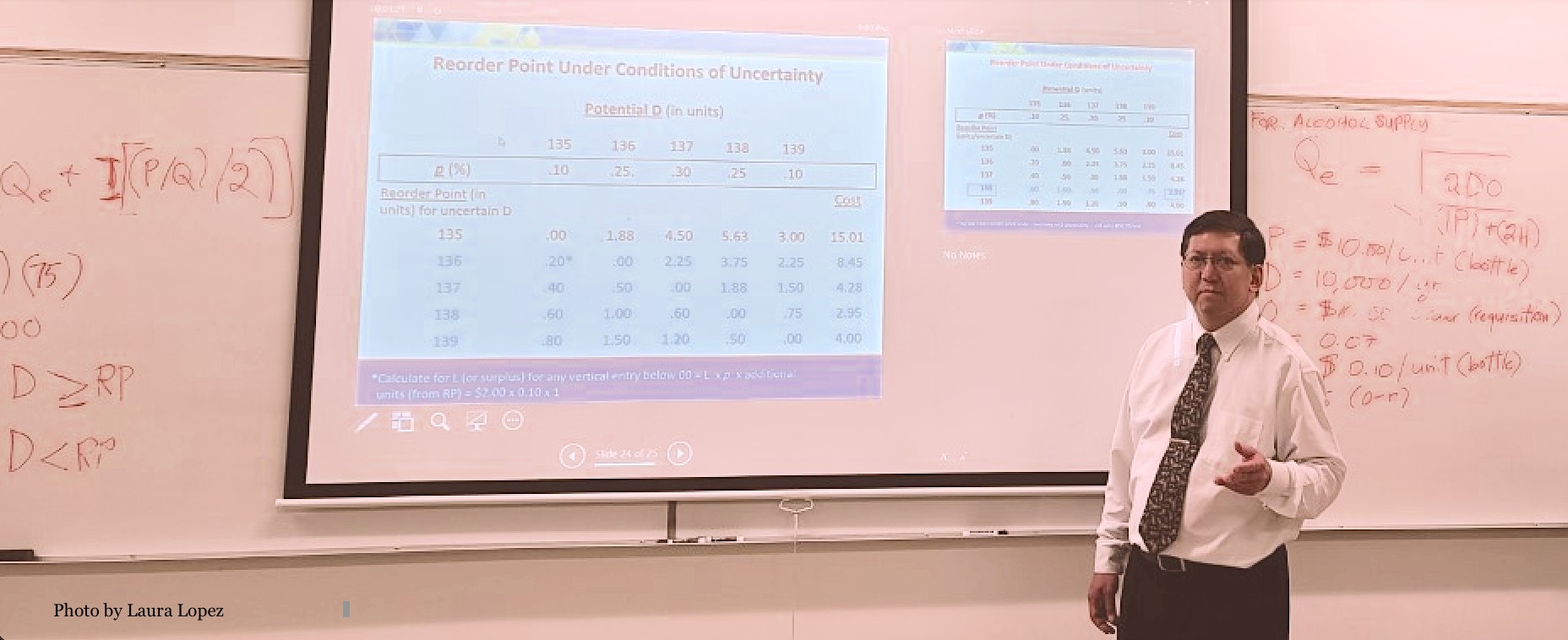We were lucky to catch up with Dr. Roger Lee Mendoza recently and have shared our conversation below.
Dr. Roger, thanks for taking the time to share your stories with us today We’d love to hear stories from your time in school/training/etc.
I went for higher education in three different countries (the Philippines, Canada, and the United States), and did a summer course in a fourth one (England). I was originally from Metro Manila in the Philippines. Learning to live abroad on my own was a bit challenging at first. I almost set our residence hall on fire when I tried using the oven for the very first time. I went grocery-shopping for two chicken drumsticks earlier in the day and baked them in our common kitchen to impress my girlfriend at dinner time. But I guess I set the oven timer too long. I heard the alarm furiously ringing while watching tv in my room, rushed to the kitchen down the hall, and saw a lot of smoke billowing out of the oven. The trio of firetruck, ambulance, and police car arrived quickly. It was quite embarrassing.
Though I am bound to agree that if you don’t take risks, you end up risking everything, I learned a good lesson from this experience: risk-taking is certainly worth it, but it may be better tempered by (some) experience. That’s probably why I ended up teaching and doing research work in financial risk management through health insurance. What could I have done better to save my drumsticks from burning? Probably I should have checked first with a more experienced dorm mate how long it normally takes to cook them in the oven. And definitely you should not take risks just to impress someone, especially your girlfriend.
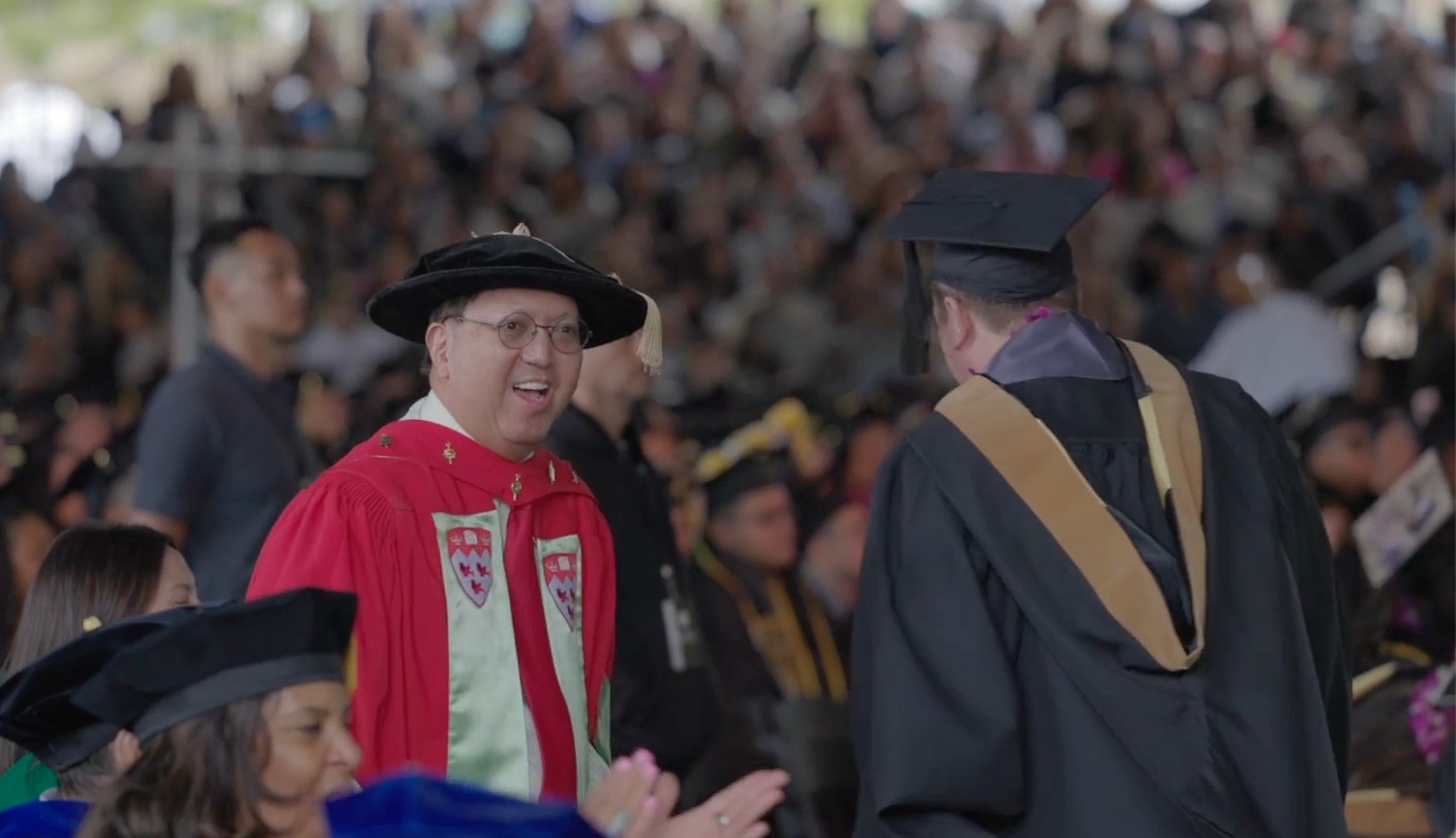
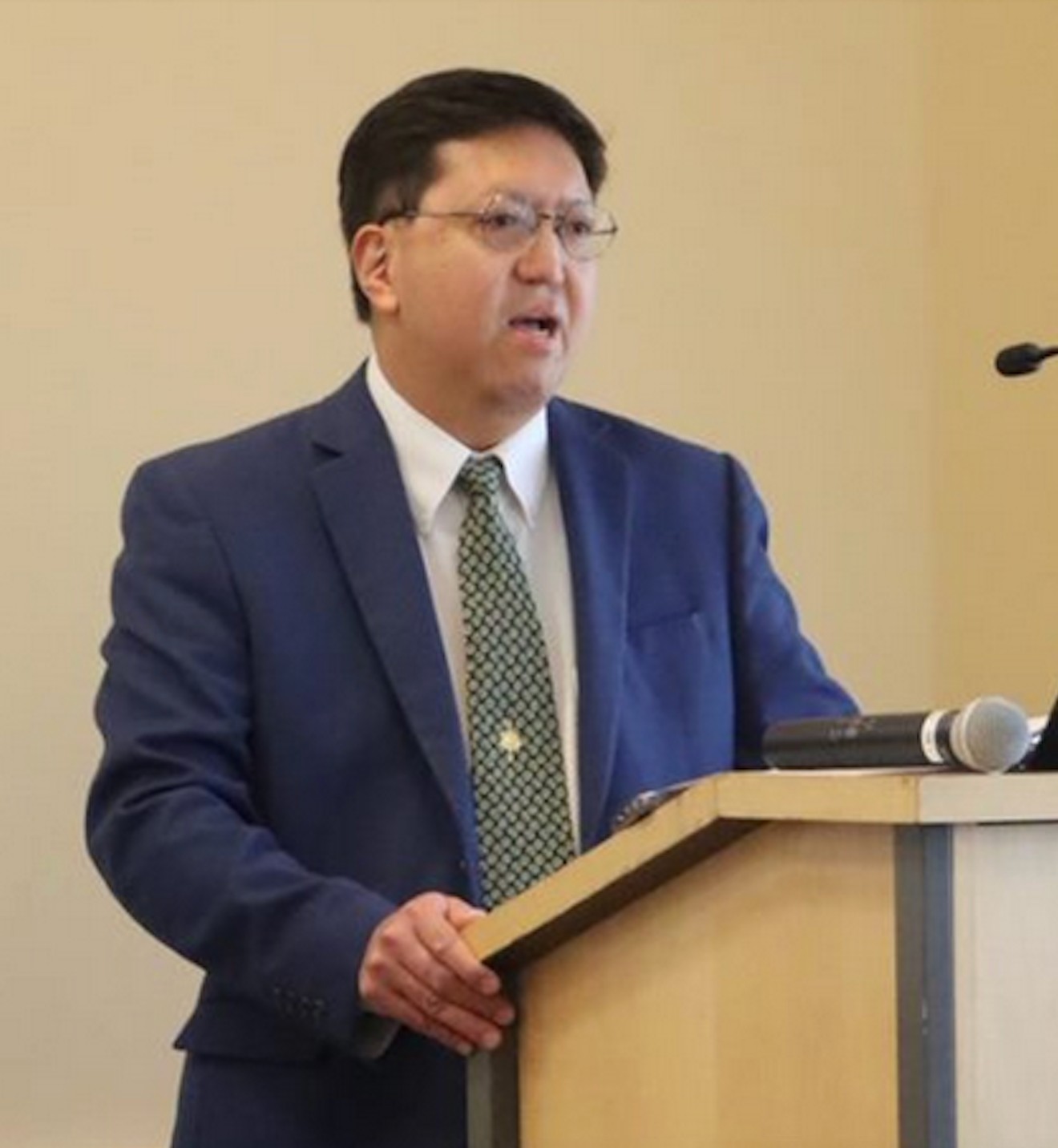
Great, appreciate you sharing that with us. Before we ask you to share more of your insights, can you take a moment to introduce yourself and how you got to where you are today to our readers.
I am an economist by training, with a specialization in the economics and management of the healthcare industry. As a professor at California State University in Los Angeles (Cal State LA), I teach, publish refereed research, and do industry consulting in the areas of health economics, healthcare finance, risk and insurance management, outcomes valuation, and healthcare regulation. I study how healthcare payers respond to financial risks and incentives, particularly in terms of healthcare product design and development, market positioning, pricing decisions, and insurance competition. So my work evaluates the role of market power in affecting efficiency, value, and distributional outcomes in the production, utilization, and regulation of healthcare goods and services. My research has been published in leading business and economics journals in these areas.
I studied at the University of the Philippines, McGill University, and the University of Pennsylvania, and did a 6-week summer course at the University of London (Imperial College). I have been continuously teaching business and economics full-time or part-time since then. I like teaching both an undergrad and graduate course each term or semester (Healthcare Finance, Insurance and Risk Management, and Regulation courses). Occasionally, just like now, I serve as faculty adviser to a few graduate students doing their theses. Prior to joining Cal State LA as a full-time faculty (tenured), I spent several years in private industry, particularly in benefits and actuarial firms. I have been privileged to work in corporate, government, not-for-profit, and academic institutions over the years. I am also a consultant to insurance and law firms. So I’d say that graduate education, originality of published scholarship, relevant business experience, and interdisciplinary collaborations with peers in academe and industry helped me get to where I am today.
In May 2023, I was fortunate to be selected as one of the top 3 professors in the United States for excellence in teaching innovation and inventiveness. This followed a 7-month search, nomination, and selection process, for which hundreds of professors in all fields of study and from over 200 universities nationwide were considered. This so-called Pathfinder Award was sponsored by McGraw-Hill. I was also ranked among the world’s top scientists based on my published work in health and medical economics.
I remain quite active in student extra-curricular activities. I have been serving for some years now as faculty adviser to the Filipino Student Association and a business club at Cal State LA. In addition, I serve as faculty vice-president to two international honor societies at Cal State LA: Phi Kappa Phi (interdisciplinary) and Omicron Delta Epsilon (Economics).
My non-academic interests are relatively varied. My sports are mainly swimming and tennis, both of which I started when I was in the Philippines. Chess is my favorite indoor sports or hobby (was president of our elementary school chess club). I also love dancing. Living in L.A. offers the comparative advantage of having plenty of venues where one can go social dancing. And I find many dance steps, particularly side steps, quite valuable in learning risk and insurance management, believe it or not!
Traveling is something that I still very much enjoy, since I find that it broadens one’s perspectives in life. I have traveled to 41 countries, and lived (and studied) in four of them [Editor’s note: this interview was done in Mexico City]. Because of these I became fluent in four languages: English, Filipino, Spanish, and French.
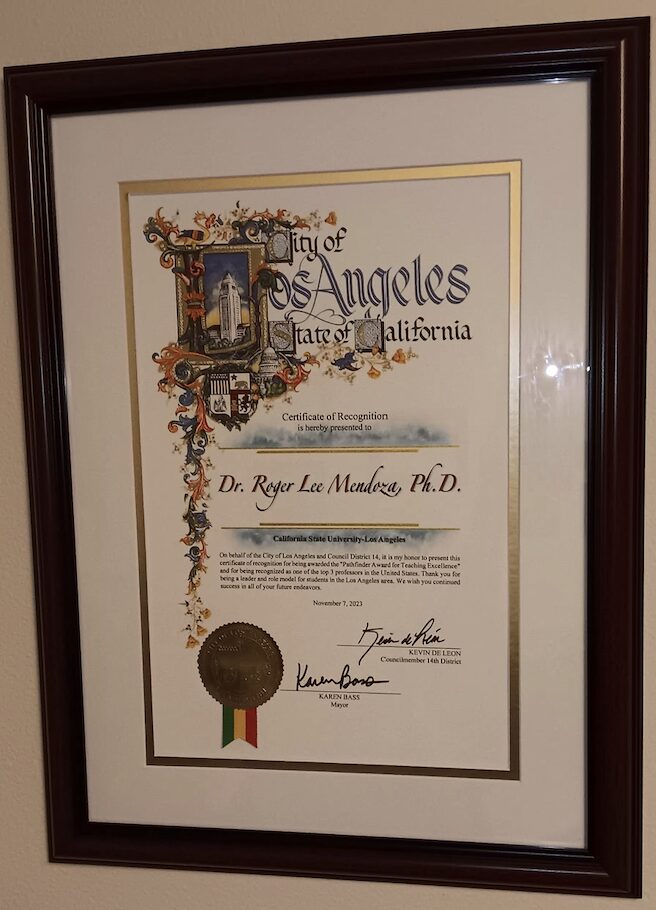

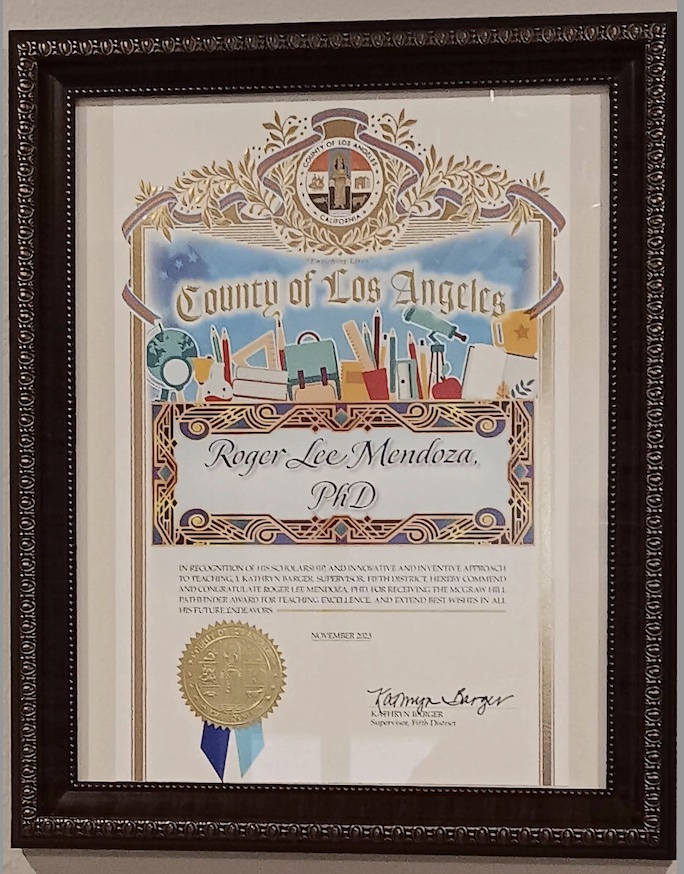
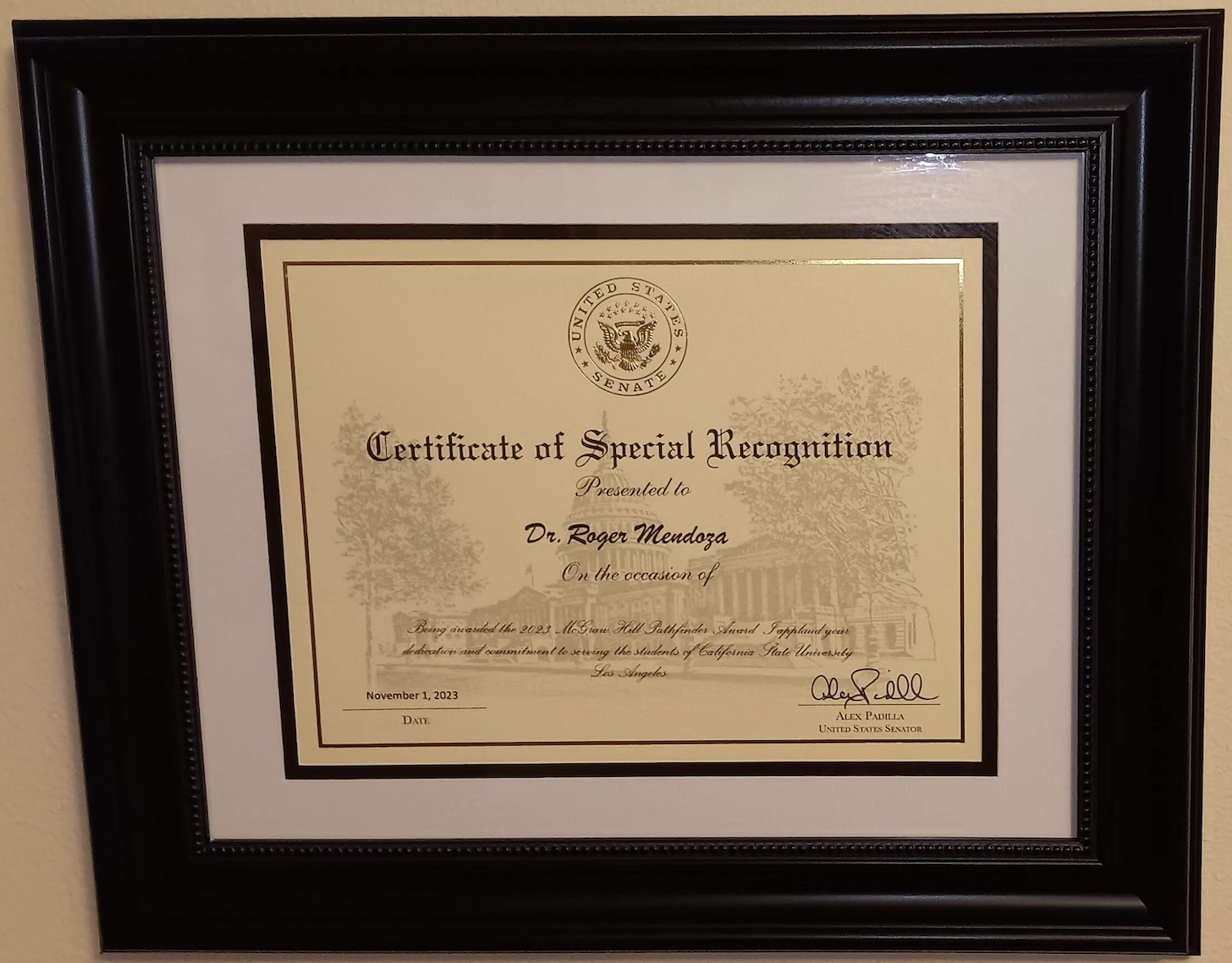

Training and knowledge matter of course, but beyond that what do you think matters most in terms of succeeding in your field?
Like any university professor, I have a three-fold mission: teaching, scholarship, and service. How a professor approaches this mission and the vision they have of it, to me, help spell success.
I think it is important not only that a professor has a mastery of the subject matter they teach, but they can teach their students the art of inquiry creatively and with passion. For me, this means finding or devising ways to keep the student interested and engaged and in ways that they may find practical or real-life value to what you are teaching and what they are learning. Poetry, Taylor Swift songs, dance, role-played case work, point-counterpoint debates, flipped classrooms, and Jeopardy-style gaming are typical instructional components of my Healthcare Finance, Insurance and Risk Management, and Regulation classes. I like to tee up dry, technical and quantitative concepts with these creative formats. And over the years I’ve noticed that this combination doesn’t just generate students’ interest in the subject; it also helps them engage more deeply with the material.
Scholarship (meaning, research and publication of one’s work in ranked, peer-reviewed journals) informs teaching. It is essential to our quest for the truth, which is both symmetrical and angular (or multi-dimensional). It provides depth and breadth to the subjects and issues we discuss in class and how we approach and present them. Some of my undergrad students end up working with me in research projects, and a few become even more engaged in these projects by pursuing them in graduate school.
Service – the third major component of professorial work – is equally attractive to me because of the notion of shared governance by the faculty. The subjects that I teach are also relevant in university governance through faculty committees that include finance, risk and insurance, external awards, student discipline, etc., in which I have also been involved. In addition, and as previously mentioned, I continue to serve as faculty adviser to student organizations on campus, which help me to get to know students better in terms of (their changing) personal interests and learning expectations and challenges. I am a big believer in connecting with students. I learned early in my academic career just how important it was to learn about students’ cultures, values, and interests, and adapt my teaching approach to best support them.

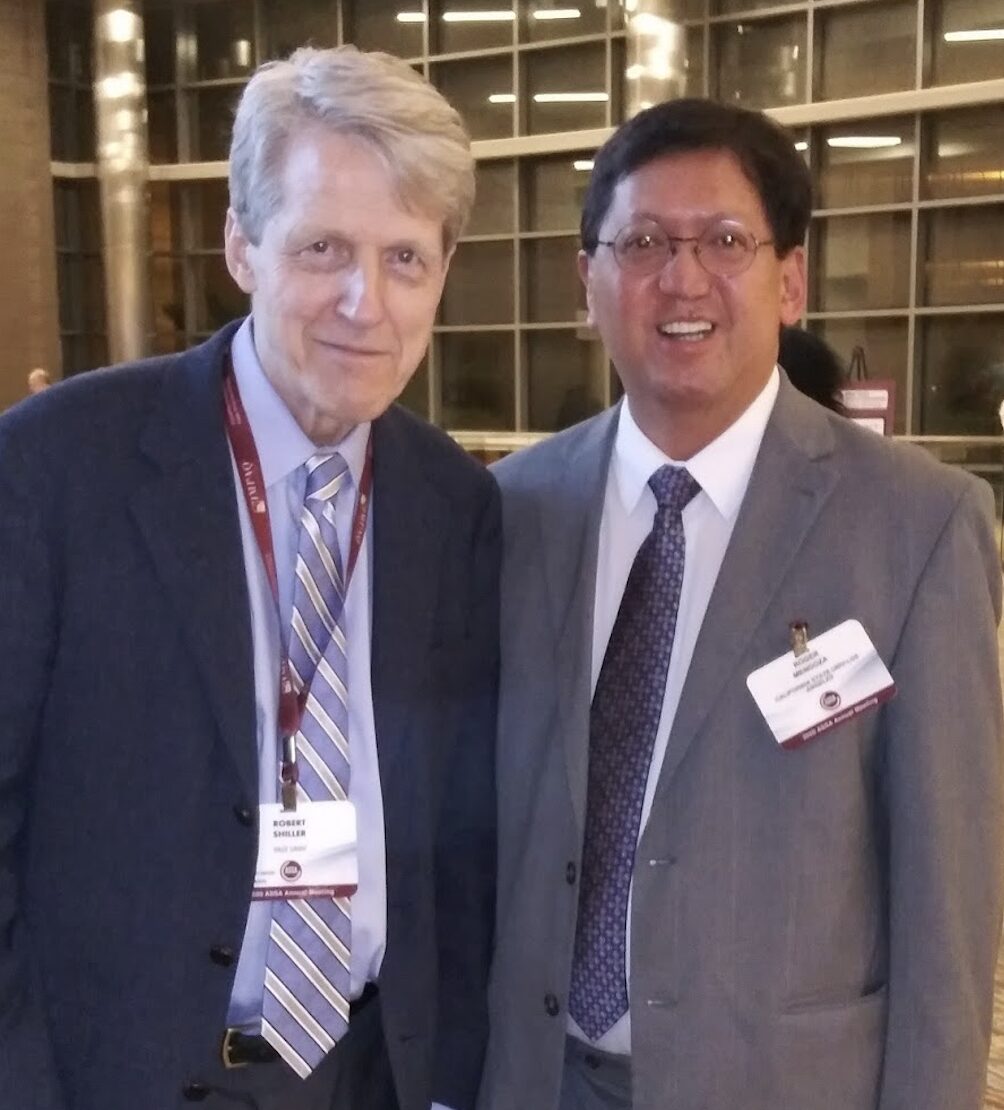
Do you think you’d choose a different profession or specialty if you were starting now?
A few people have asked me the same question. And my answer has been consistent : “I certainly don’t, and I have no regrets whatsoever.” This often leads them to follow up with the “why” question: “Why did you choose the ivory tower?” And my answer has also been consistently the same: Because it offers autonomy, lifetime tenure, academic freedom, and shared governance that most other jobs (if you can even call mine that way) cannot and will not offer.
A professor enjoys the freedom to teach and investigate subjects of interest to them, unlike in private industry, government, and many other organizations where one works on tasks and projects that their boss or their organization’s governing board, through senior management, assigns to them, whether individually or as a member of a team. The academy opens up countless opportunities for original contribution to and creative discovery in one’s field of specialization. The autonomy enjoyed by a professor is supported by lifetime tenure and academic freedom. Waking up each morning, secure in the thought that I have a “job” and one that I truly love, and without a boss looking behind me, gives me the security and freedom to indulge in scholarly pursuits. And a professor can do so wherever it may lead, without undue or unreasonable interference, and without threat of reprimand or termination from those who might find offense in what they discover and share relative to these pursuits. That is lifetime tenure enriched by academic freedom. Of course, shared governance is also very important to me. I like that university structures and processes not just enable, but encourage, faculty (and others) to actively participate in and influence the development of policies and decision-making that affect our institution.
In terms of my chosen specialty, Business or Management has always attracted me. It teaches us how to consider organizational problems rationally, and make practical decisions about planning, organizing, staffing, directing, and controlling scarce resources relative to the multiple, competing demands for the use of these resources. In Business, the ivory tower meets and works with the real world.
As an economist specialized in healthcare business, I teach students how to frame problems, use data with numbers, and think through tradeoffs and consequences in allocating scarce resources. And many of these tradeoffs and consequences are not only unexpected, but rather counterintuitive. For instance, the finding that car safety devices can incentivize risky driving behavior among motorists inspired my work on seat belt mandates.
The passion, excitement, joy, and sense of fulfillment that come when I explain a concept or method, especially a novel or difficult one, before a sea of puzzled student faces that turn into comprehension, relief, and triumph in finally getting it, gives me the greatest pleasure. There is nothing else I can think of that compares to that magical moment, that magical feeling!
Perhaps, I could sum up my long answer to your question by quoting a famous poet laureate from one of my alma maters, who once remarked:
“Autumn, to me, the most congenial of seasons.
The university, to me, the most congenial of lives.”
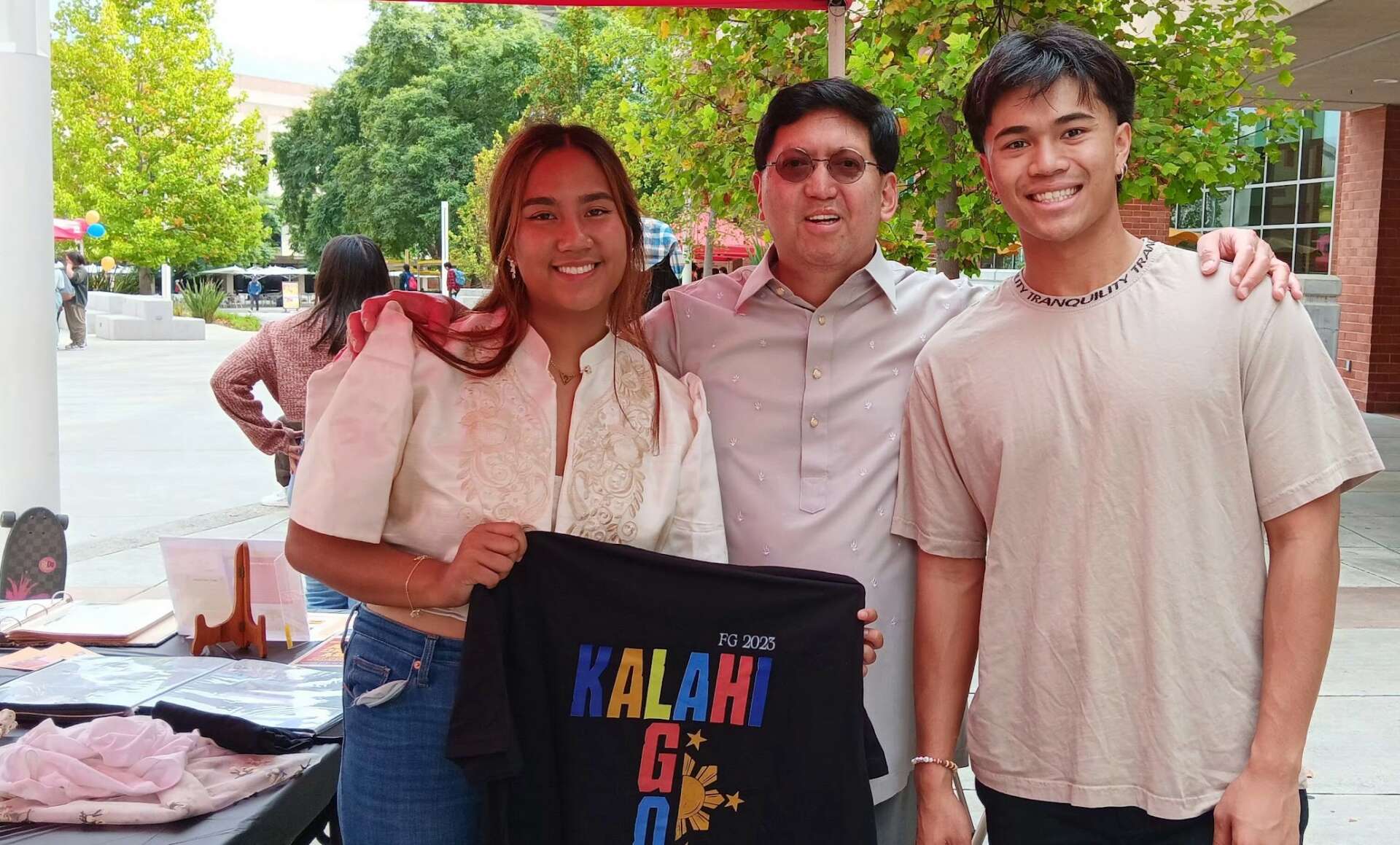
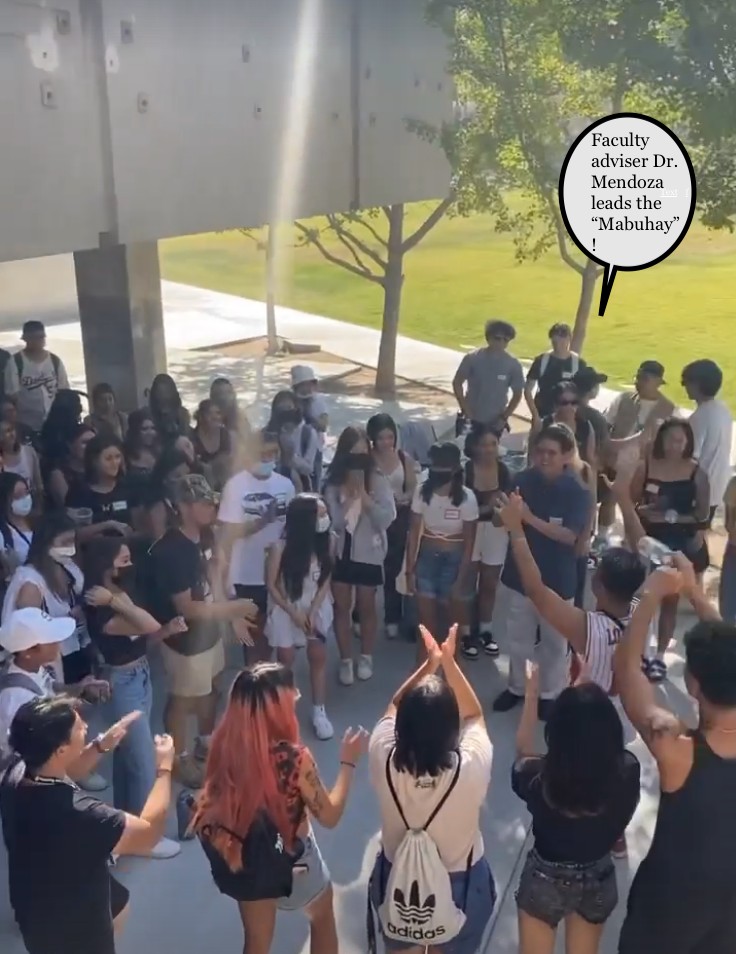

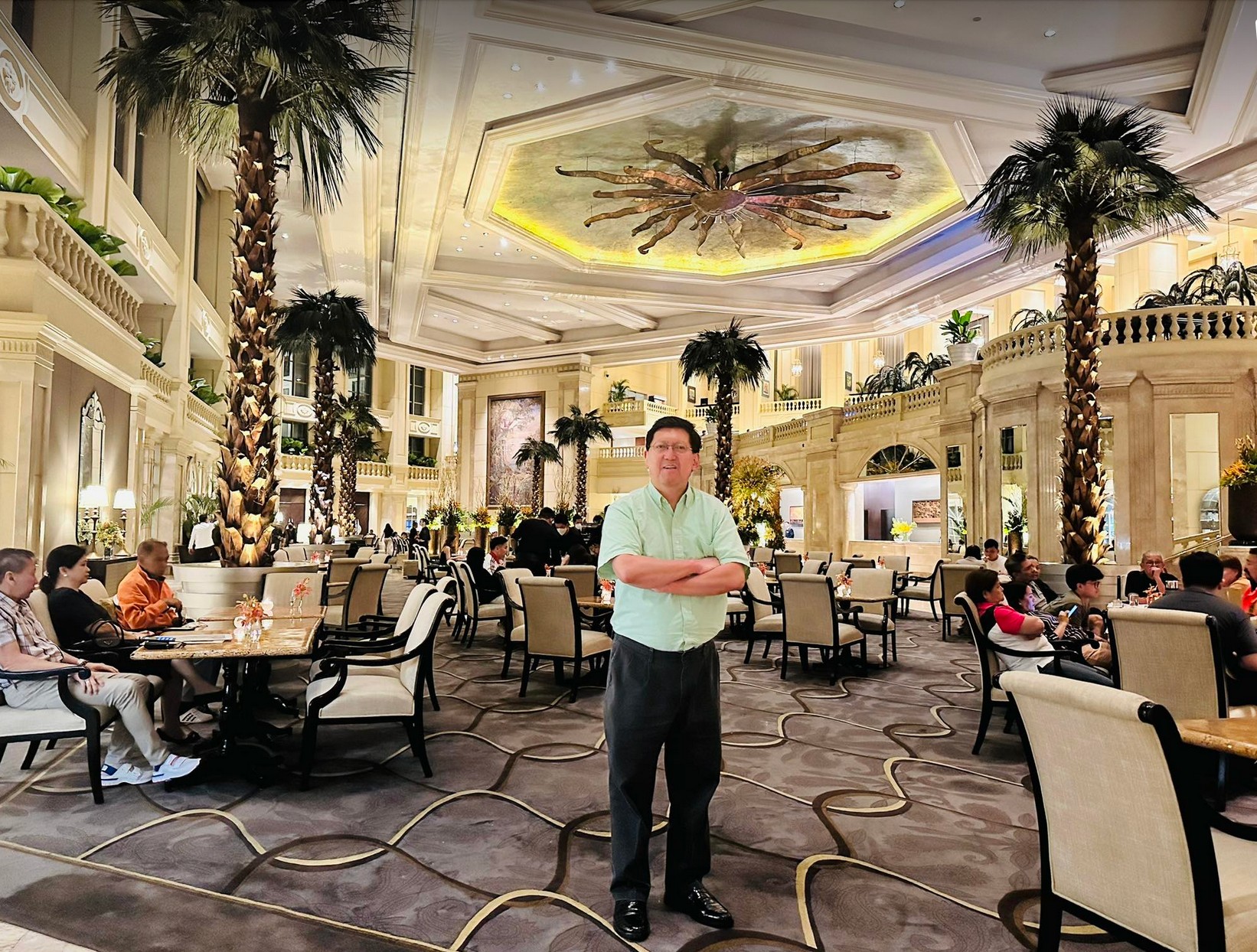
Contact Info:
- Linkedin: https://www.linkedin.com/in/rogerleemendoza/
- Youtube: https://www.youtube.com/watch?v=lEZdb_d7-xo
- Other: https://www.mheducation.com/news-insights/blog/can-games-poetry-and-pop-music-help-students-learn-healthcare-finance.html
Image Credits
Credits to the first picture are contained therein. The rest are the interviewee’s own pictures.


